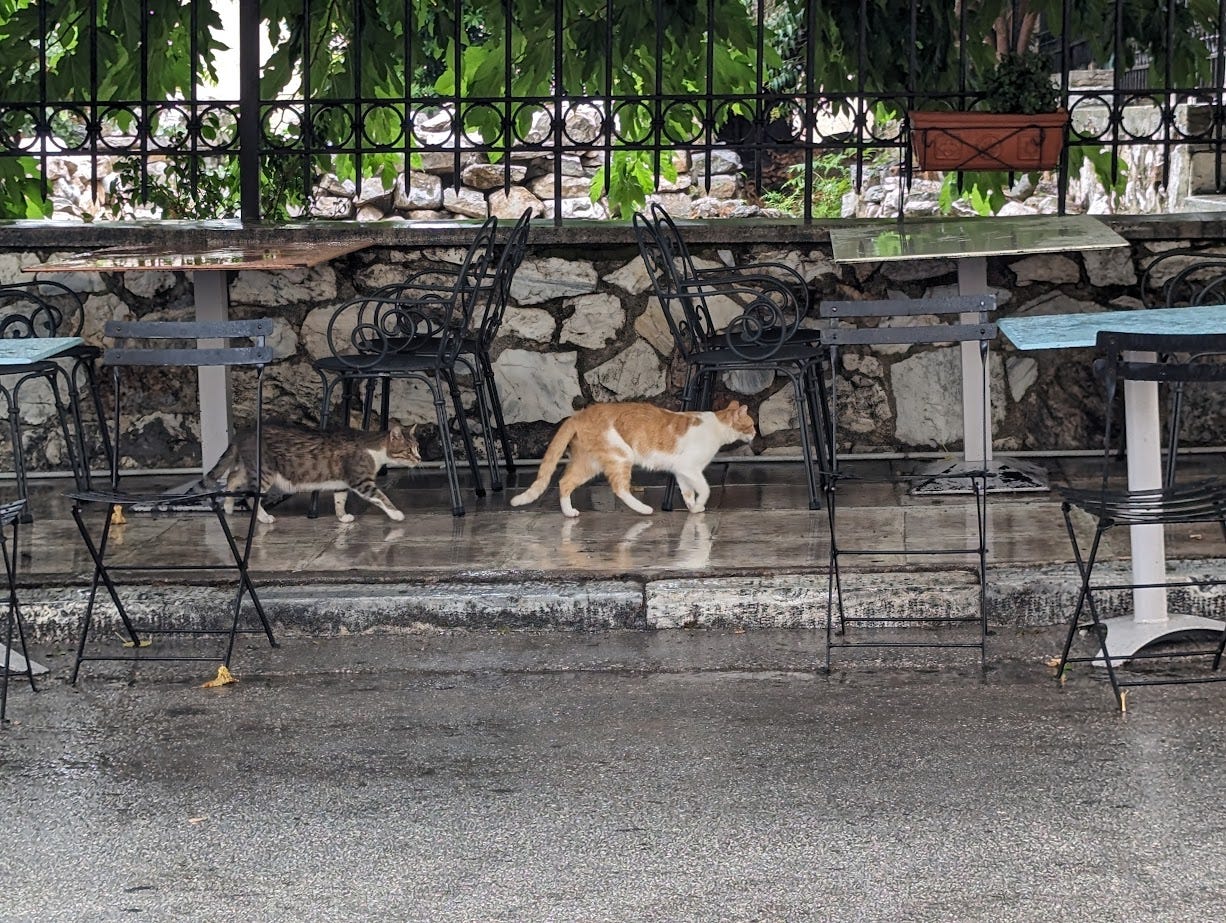Australia re-launches sadistic 'war on cats'
News and headlines for September 2 - 14, 2023

These are some of the stories making headlines in animal protection:
A new Texas law makes it illegal for a person convicted of animal cruelty to have animals for a period of five years. The law was reintroduced after it failed to pass during the last legislative session. Thanks to overwhelming public support, the law passed this year and was signed by the Governor. Most states already allow judges to impose a ban during probation, but the Texas law makes it automatic.
Unfortunately, the law permits offenders to live in a household where others have pets, an exception that potentially swallows the rule. In other states, no such exception exists, and offenders can be prohibited from living or even visiting a household where animals are present.
Once again, another academic claims living with animals is unethical and calls for an end to the practice. The argument is always the same: they are wholly dependent on us, and we cannot give them what they need.
By contrast, my answer to the question as to whether it is ethical to live with animals is a resounding “Yes” when it comes to dogs and cats. Dogs and cats want to live with us, chose to live with us, and should live with us given all the benefits humans bestow upon them, our proven potential for ongoing improvement, and our remarkable capacity for love.
As I argue in Welcome Home, the book by my wife and me, unlike other relationships between humans and animals, our relationship with cats and dogs is built primarily on mutual affection, not exploitation. Indeed, the relationships are decidedly one-sided, with humans doing all the work and animals not expected to do anything other than grace us with the pleasure of their company.
Moreover, varying degrees of dependency exist in every relationship, including between people. When these relationships are based on love and built for mutual benefit, they aren’t necessarily wrong. Indeed, they are often necessary and beneficial. For example, when we leash dogs near busy streets or prevent them from eating a discarded piece of chocolate, our gifts of foresight and intellect protect them from dangers they may be incapable of perceiving and shielding themselves from. Such limits on autonomy protect and enhance their well-being.
We also don’t have a choice as to whether we want relationships with dogs and cats. The only option is the kind of relationship we have. Assuming we could end “domestication” (and we would want to), we could never end human-animal relationships. Those relationships would inevitably re-develop as animals continued to seek us out. How we respond to those overtures and opportunities is up to us. We can ignore our best, most compassionate instincts and keep our doors firmly closed — or we can obey those noble impulses and open them.
At least 12 dogs, including those slated for rescue, were “mistakenly” killed “without approval” at the Wichita Animal Shelter run by the Wichita police department (WPD). After community uproar, WPD called it “regrettable” and said they are launching an investigation.
“Accidental” killings of beloved pets happen every day in shelters in this country. Google “shelter mistakenly euthanized pet,” and you’ll get “About 177,000 results (0.40 seconds).” It is not a mistake when it happens over and over again.





